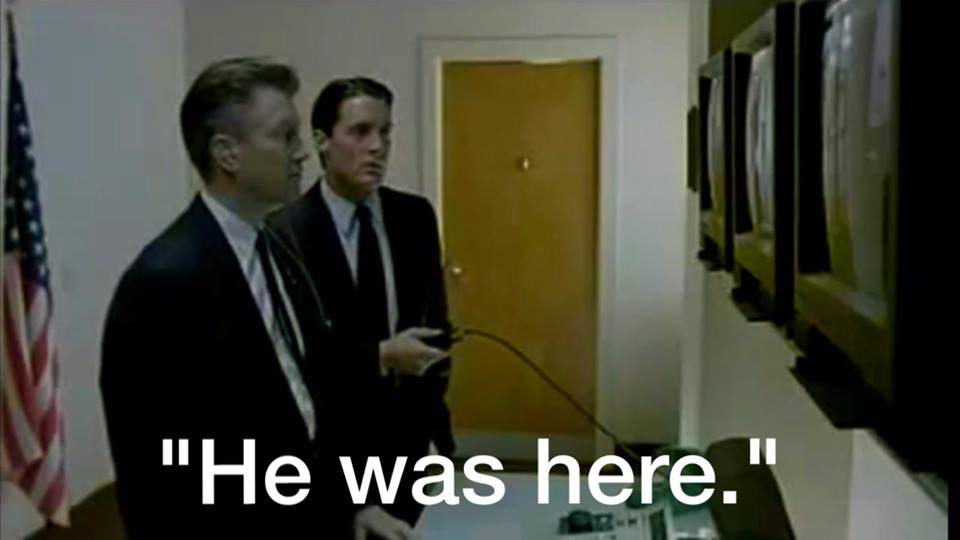David Bowie passed away on January 10, 2016 – two days after his 69th birthday, two days after the release of his 25th studio album.
Bowie was easily one of the most influential artists in pop music. His ever changing style, the rotation of characters he portrayed, and his success in embracing musical cultures that were far from the face of normalcy created a half century of music that was never stagnant nor redundant.
Bowie’s early works merely hint at the grand things to come. Songs on the first couple albums sound like ragtime folk with a dash of John Cage thrown in for good measure. By his third record, “Hunky Dory,” the grand cinematic pop of David Bowie was born, and from there his career was a whirlwind of moods and themes that made loners dance and parents wildly uncomfortable. I’m told that his “Top of the Pops” performance made many a stodgy parent very, very ill at ease.
With the introduction of his first alter ego, Ziggy Stardust, Bowie became an official Star. A Rock Star of the highest order. The Ziggy era allowed Bowie to bring the glam era to the forefront of music. His first giant success came through an androgynous package that experimented with jazz and caberet, that utlized Orwellian themes and Burroughs like stream-of-consciousness writing, all during a time of utter civil unrest. He sang to the dissatisfied and the confused.
Ziggy was followed by the Plastic Soul era, in which Bowie became interested in music that was being played in the dance halls of the time. He worked with Luther Vandross and Andy Newmark, and coined the term “Plastic Soul” as a knowing wink to his extraordinarily white and British reinterpretations of R&B and funk influences. “Station to Station” introduced Bowie’s final character, the Thin White Duke. This era was largely fueled by cocaine, and this record (probably my favorite) heavily employed religious themes and returned Bowie to his preoccupations with the esoteric played over pop synths and pre-industrial beats. Even while the influences chimed through, Bowie still made groundbreaking art.
The 70’s closed with Bowie’s Berlin Trilogy, a three disc series that received mixed critical and public opinions. Bowie worked with Brian Eno to produce German-rock influenced instrumentals, worked with a veritable who’s who of Prog Rock, and “Low” boasts one of the most unique and mysterious drum sounds ever recorded. Following this trilogy, both David and the world met Mtv.
Was ever a medium and an artist a better match? “Let’s Dance” exploded into pop culture boasting slick Niles Rodgers production, a guest appearance by a young Stevie Ray Vaughn (seriously!), and genius deployment of the new medium of music videos. The decade rounded out by Bowie forming Tin Machine, which functioned as a democratic band in which Bowie did something new yet again – he fully collaborated with a group of musicians.
The next decade saw Bowie embracing his influences more than treading new waters, yet his career remained groundbreaking. He recorded his first digital album with proud nods to big beat and house music. He released the very first album for download from the internet, and worked within the new structures of electronic communication and visibility to embrace new ways to make art and connect with fans.
After an unacknowledged decade long break, David Bowie surprised the world with 2013’s “The Next Day,” and just days ago he gifted us with “Blackstar.” His final record is a collaboration with a jazz quartet and cites influences from modern hip hop. The album was produced by Bowie’s long time collaborator Tony Visconti, who states that Bowie intended to leave us one final gift with this record, and wanted us to know that he was at peace with his fate.
Peppered throughout his musical career, Bowie dipped his toes into the world of cinema, giving us memorable performances in “The Hunger,” “The Man Who Fell to Earth,” and of course as everyone’s favorite Goblin King in “Labyrinth.” I’m not even a little ashamed to admit that “Labyrinth” actually produced one of my very favorite Bowie songs.
David Bowie, even through all his faces, remained true to his themes, questions, and fears. He taught us how to shout our messages through restrained drama. He wondered if peace was possible through excess. He waxed on the occult, the esoteric, and nihilism. He showed us the horrors of his dystopia, yet somehow made beautiful the death of a lonely man in space. David Bowie understood the beauty of loneliness and mourned the loss of childhood. He connected with those conflicted about sexuality, gender, morality, and purpose and never once alienated the rest of his massive fandom by only speaking to those who mirrored one of his many faces.
Dean Podesta summed it all up brilliantly today: “If you’re ever sad, just remember the world is 4.543 billion years old and you somehow managed to exist at the same time as David Bowie.”
